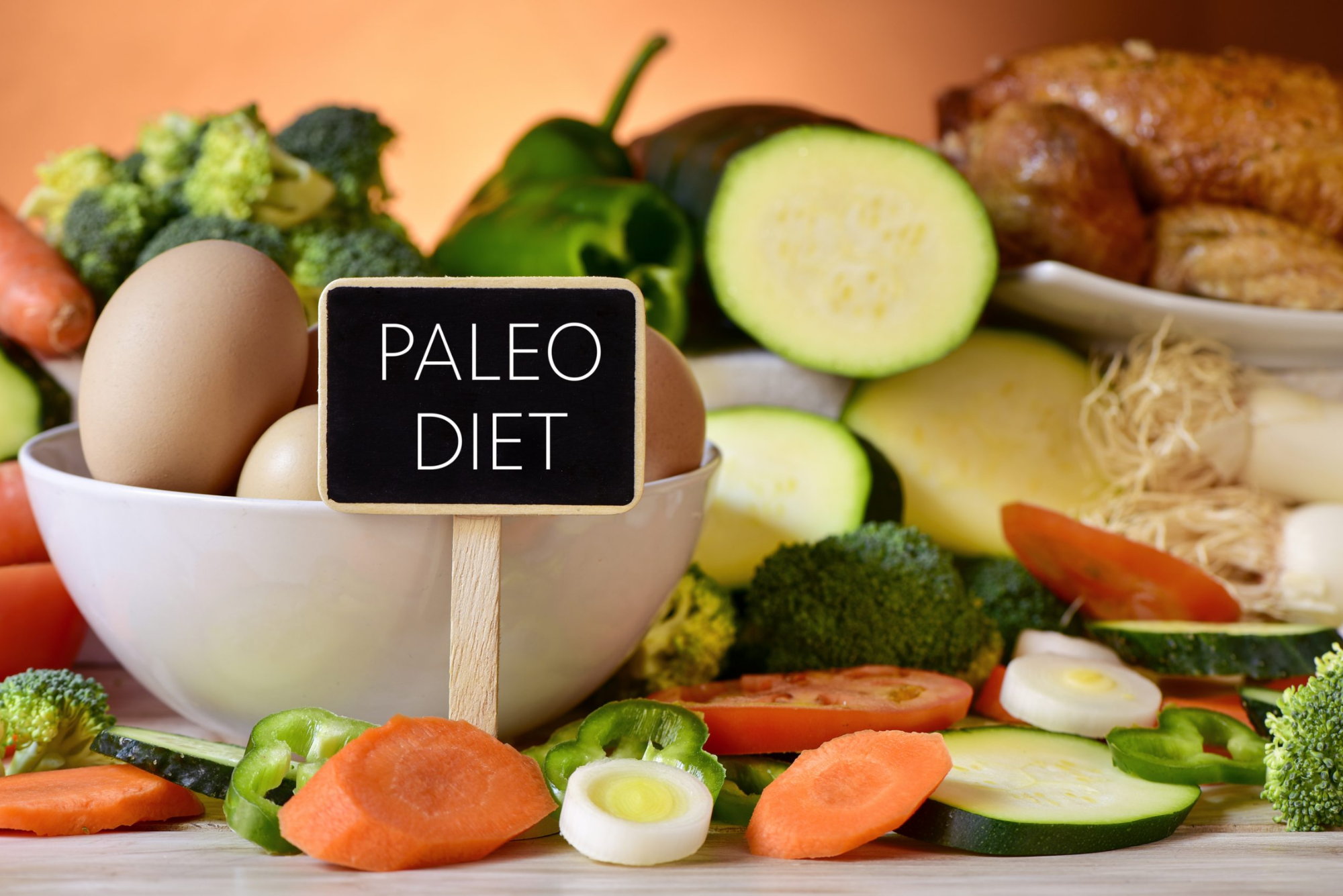High protein foods are essential components of a balanced diet, playing a crucial role in various bodily functions. Protein is a macronutrient that helps build and repair tissues, supports immune function, and serves as a vital energy source. This article explores the benefits of high protein foods, types of protein-rich sources, meal ideas, and tips for incorporating more protein into your diet.
Benefits of High Protein Foods
Muscle Growth and Repair
One of the primary benefits of high protein foods is their role in muscle growth and repair. Protein provides the amino acids necessary for repairing muscle tissues after exercise, making it essential for athletes and those engaged in regular physical activity.
Weight Management and Satiety
High protein foods can aid in weight management by promoting feelings of fullness. Foods rich in protein take longer to digest, which can help curb hunger and reduce overall calorie intake.
Boosting Metabolism
Protein has a higher thermic effect than fats and carbohydrates, meaning that your body burns more calories digesting and processing protein-rich foods. This boost in metabolism can aid in weight loss or maintenance.
Supporting Overall Health
In addition to muscle growth and weight management, protein is vital for various bodily functions, including hormone production, enzyme activity, and immune response. Consuming adequate protein supports overall health and well-being.
Types of High Protein Foods
A. Animal-based Sources
| Food | Protein Content (per 100g) |
|---|---|
| Chicken Breast | 31g |
| Lean Beef | 26g |
| Salmon | 25g |
| Eggs | 13g |
| Greek Yogurt | 10g |
Animal-based sources of protein are some of the most complete, providing all essential amino acids. These include:
- Meat: Chicken, beef, and pork are excellent sources of high-quality protein.
- Fish and Seafood: Fish, such as salmon and tuna, not only offer protein but also healthy fats.
- Dairy Products: Milk, cheese, and yogurt are rich in protein and also provide calcium and other essential nutrients.
- Eggs: A versatile and nutrient-dense protein source, eggs are great for breakfast or as a snack.
Plant-based Sources
For those following vegetarian or vegan diets, there are numerous plant-based sources of protein, including:
- Legumes: Beans, lentils, and chickpeas are rich in protein and fiber.
- Nuts and Seeds: Almonds, chia seeds, and hemp seeds are excellent for snacks or added to meals.
- Whole Grains: Quinoa, brown rice, and oats provide protein along with complex carbohydrates.
- Tofu and Tempeh: These soy-based products are packed with protein and can be used in various dishes.
High Protein Foods for Different Diets
Vegetarian and Vegan Options
Vegetarians and vegans can find ample protein in legumes, nuts, seeds, and whole grains. Incorporating a variety of these foods ensures adequate protein intake while meeting dietary preferences.
Low-Carb and Keto Diets
For those following low-carb or ketogenic diets, protein-rich foods like meat, fish, eggs, and high-fat dairy are ideal choices, as they help maintain satiety without excess carbohydrates.
Paleo Diet Choices

The Paleo diet emphasizes whole foods, including lean meats, fish, eggs, nuts, and seeds, all of which are high in protein and align with the diet’s principles.
Sports Nutrition and Muscle-Building Foods
Athletes can benefit from high protein foods that support muscle recovery and growth. Protein shakes, lean meats, and Greek yogurt are popular choices for post-workout meals.
High Protein Meal Ideas
Breakfast Options
- Scrambled eggs with spinach and feta cheese
- Greek yogurt with berries and nuts
- Protein smoothies with banana and almond milk
. Lunch and Dinner Recipes
- Grilled chicken salad with quinoa and mixed vegetables
- Baked salmon with roasted sweet potatoes and broccoli
- Stir-fried tofu with vegetables over brown rice
Snacks and Protein Shakes
- Hummus with carrot sticks
- Protein bars or energy balls
- Cottage cheese with pineapple
D. Meal Prep Tips
Prepare high protein meals in advance to make healthy eating convenient. Cook in batches, portion out meals, and store them in the refrigerator for quick access throughout the week.
How to Incorporate More Protein into Your Diet
A. Practical Tips for Increasing Protein Intake
- Choose Protein-Rich Snacks: Opt for nuts, Greek yogurt, or protein bars instead of chips or candy.
- Add Protein to Every Meal: Include a source of protein in each meal, whether it’s meat, legumes, or dairy.
- Experiment with Protein Powders: Use protein powders in smoothies or oatmeal to boost protein content.
B. Importance of Balance and Variety in Meals
While protein is essential, it’s important to balance your diet with healthy fats, carbohydrates, vitamins, and minerals. Incorporate a variety of protein sources to ensure you’re getting all the necessary nutrients.
C. Common Mistakes to Avoid
Avoid relying solely on processed protein products, as they may lack essential nutrients. Focus on whole food sources and be cautious about excessive protein intake, which can stress the kidneys over time.
Incorporating high protein foods into your diet is crucial for muscle growth, weight management, and overall health. With a variety of animal and plant-based options available, it’s easy to find sources that fit your dietary preferences. Explore different recipes, meal ideas, and snacks to boost your protein intake and enhance your nutrition.
FAQs
Q1: What are the best high protein foods for weight loss?
A1: The best high protein foods for weight loss include lean meats, fish, legumes, and low-fat dairy products. These foods can help keep you full longer, reducing overall calorie intake.
Q2: How much protein do I need daily?
A2: The recommended dietary allowance for protein is 46 grams for women and 56 grams for men. However, individual needs may vary based on factors such as age, activity level, and health goals.
Q3: Can I get enough protein from a vegan diet?
A3: Yes! A well-planned vegan diet can provide sufficient protein through foods like legumes, nuts, seeds, whole grains, and soy products.
Q4: Are protein supplements necessary?
A4: Protein supplements are not necessary for everyone. Most people can meet their protein needs through whole foods. Supplements can be helpful for athletes or those with specific dietary restrictions.
Q5: What are some quick high protein snacks?
A5: Quick high protein snacks include Greek yogurt, hard-boiled eggs, cottage cheese with fruit, and nut butter on whole-grain toast.













